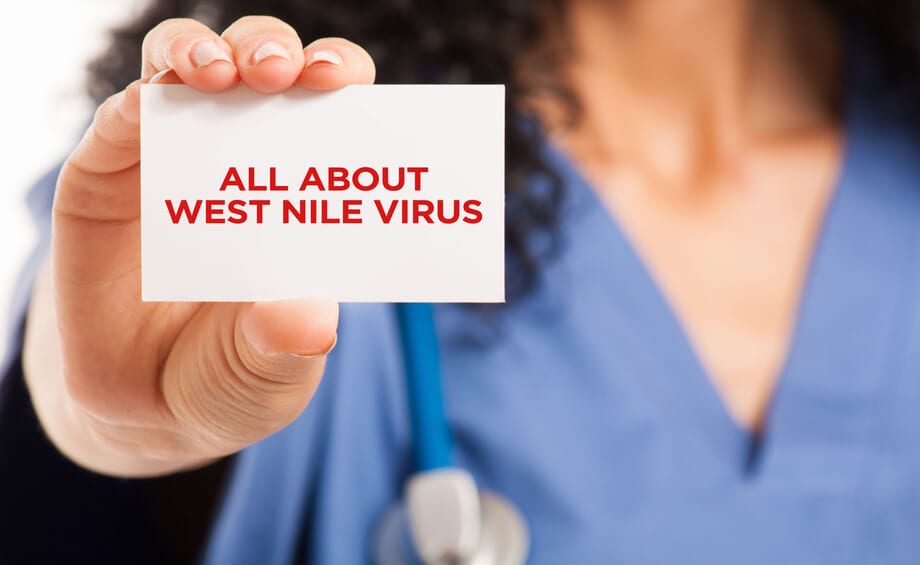
You probably heard about a recent case of the West Nile Disease. But you’re also probably wondering what this new disease is. Where did it come from and why is it suddenly becoming the talk of the town? Mostly prevalent in certain states of the USA, and in some countries in Europe, Africa, and West Asia, this is a mosquito-borne disease. The virus is contracted by mosquitoes who feed on infected birds, which is then passed on. Just like you take precautions against other mosquitoes and the illnesses they spread; preventing the spread of West Nile Disease is possible through certain precautions.
To be prepared for the worst, it is essential that you understand the signs and symptoms of the disease for quick, self-diagnosis. Let’s take a look at them.
People infected with the West Nile Disease usually don’t show any symptoms. According to research, only 1 in 5 people get a fever. The worst thing about this fever is that it is either completely symptom-free or has some other mild symptoms like:
The fever starts getting worse between 2 to 15 days of being bitten, with weakness and tiredness persisting for weeks after successful treatment. It so happens that only 1 in 150 infections will turn into a severe neurological case, as the disease severely affects the brain. In such a situation, either the surface covering the brain is swollen and affected, or the brain itself becomes swollen which affects the whole neurological system of the body.
Besides these, the West Nile Disease can also result in long-term effects such as paralysis, depression, memory loss, and irritability. Patients might also experience issues like insomnia, fatigue, etc. Being a neuroinvasive disease, West Nile Disease has a severe impact on a person’s body, and that’s why it is deadlier than malaria, dengue or even chikungunya. Affecting the nervous system affects both, the brain and the functioning of the whole body.
These symptoms and signs of the disease are the same in children and adults. They might complain of headaches, vomiting and feel more lethargic. People aged 50 years and above are at higher risk of becoming victim to this disease and need special attention and precautions when it comes to peak season of breeding of mosquitoes.
If you experience any of these symptoms or know of someone else who is suffering from it, then rush them to the nearest hospital or health care center immediately and get started with the treatment.
Precaution is better than cure but don’t panic in case of diagnosis, as it is not something which can’t be cured at all.
Some of the preventive measures that can be adopted both indoors and outdoors are:
With all these things in mind, remember to take the necessary precautions and if you see any of the above signs, immediately consult a medical expert for the same.